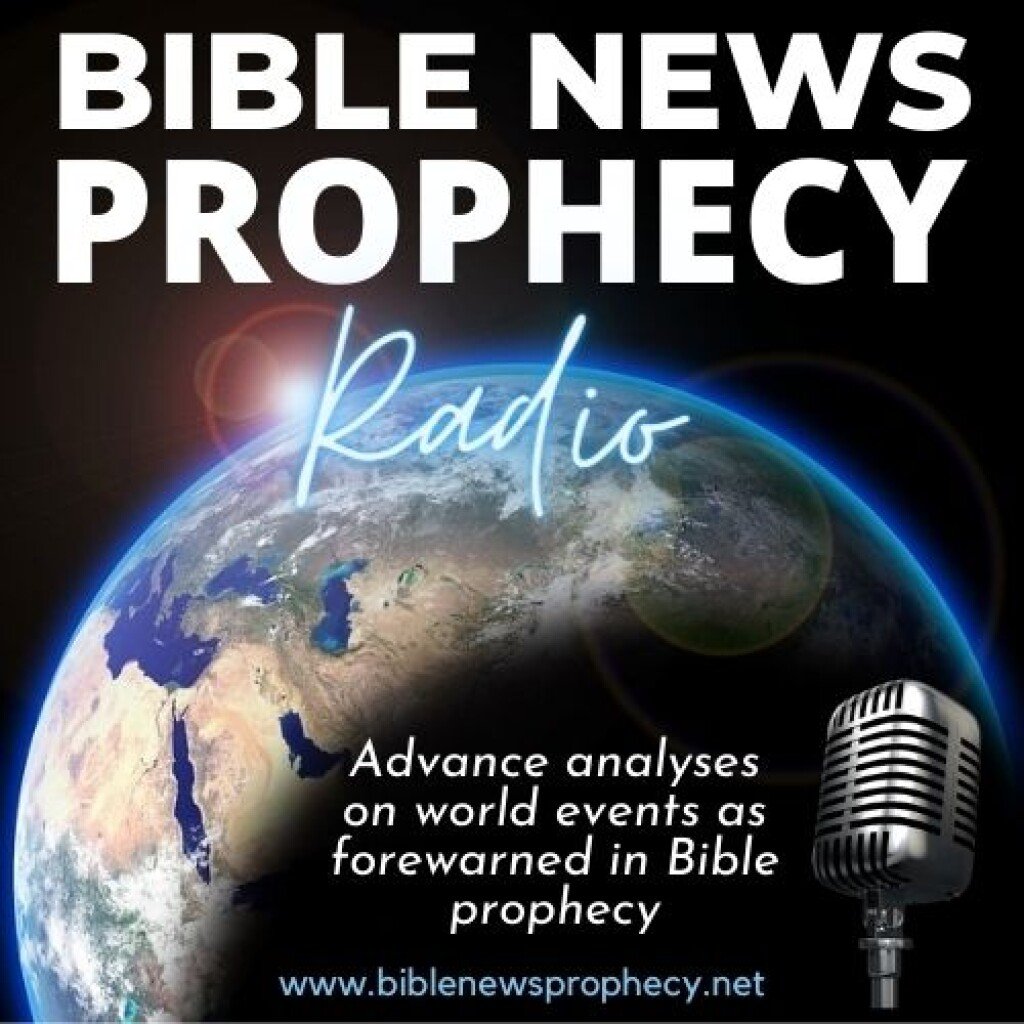(Unsplash image)
Most who profess Christianity celebrate Jesus' birth on December 25th and call it Christmas. This short sermon goes over the following 22 points to consider: In Leviticus 23, God lists His festivals–with specific dates. In Jeremiah 10, God says not to follow pagan practices, such as using a decorated tree, in the worship of Him. Nowhere in the Bible is the date of Jesus’ birth mentioned. You can read all the New Testament, as well as look for clues in the Old Testament, and nothing points to the date people celebrate as Christmas.
Scripture opposes the view that Jesus could have been born in late December.
There is no hint in scripture for God's faithful to observe birthdays.
The New Testament does not show that Jesus’ disciples ever observed the date of Jesus’ birth.
Early professors of Christ did not celebrate birthdays either.
The Apostle Paul wrote that Christians were not to use demonic pagan practices in worship (1 Corinthians 10:19-22).
The sun god Mithras was allegedly born on December 25th as the season was celebrated as the rebirth of the sun.
Pagans celebrated the sun-god Mithras and the god of agriculture Saturn in late December each year with lights, wreaths, parties, and gift-giving.
About 2 centuries after Jesus was born, Tertullian wrote that people in what we would now call the Eastern and Roman Catholic churches, used wreaths and lights, gave gifts, etc. in late December to be like the heathen.
Pagan worship really is the “reason for the season.” Tertullian condemned those practices as demonic and idolatrous and further wrote that those who professed Christ should not honor pagan gods in their worship.
The pagan Emperor Constantine worshiped the sun-god Mithras and then celebrated Jesus’ birth on December 25th starting in 336 A.D. Roman pontiffs followed Emperor Constantine’s lead and in 354 A.D., Bishop Liberius of Rome ordered the people to celebrate on December 25.
The anti-Semite Constantinople Bishop John Chrysostom, who opposed the biblical holy days, got a December 25th celebration adopted in his area by 395 A.D. So, because of its late adoption, it should be obvious that Christmas was NOT part of the ‘faith once for all delivered to the saints’ (Jude 3).
Furthermore, the word for Christmas in late Old English is Cristes Maesse, the Mass of Christ, first found in 1038, and Cristes-messe, in 1131. It most certainly did not come from the Bible.
The liturgy of early Christian church services did NOT resemble Greco-Roman mass services. Hence, holding a "mass" is not consistent with early Christian practices.
The “twelve days of Christmas” originally came from the 12 days of Yuletide which began at sunset on December 20, known as Mother Night, and ended on the night of December 31, the Night of the Oak King. Mistletoe came from the pagan Druids. Roman Catholics originally condemned Protestantism as the “Tannenbaum religion” because of what are called Christmas trees.
But now Vatican City prominently displays one each year. It is wrong to bear false witness, including telling lies about the mythological Santa Claus. Did Jesus say people could worship God in vain in Mark 7:7? Dr. Thiel also goes over additional scriptures on these matters, including Revelation 22:14-15.
A free online booklet of related interest is available titled 'Should You Keep God's Holy Days or Demonic Holidays?’
Bible News Prophecy Youtube video: 22 Points to Consider About Christmas
Click here for current news and analysis as well as literature in over 120 languages
Click here for free online books and booklets in the English language.
Information on broadcast times for the European Gospel Radio /Short Wave Radio and other radio stations: Radio Stations
LATEST BIBLE PROPHECY ITEMS
LATEST NEWS REPORTS























